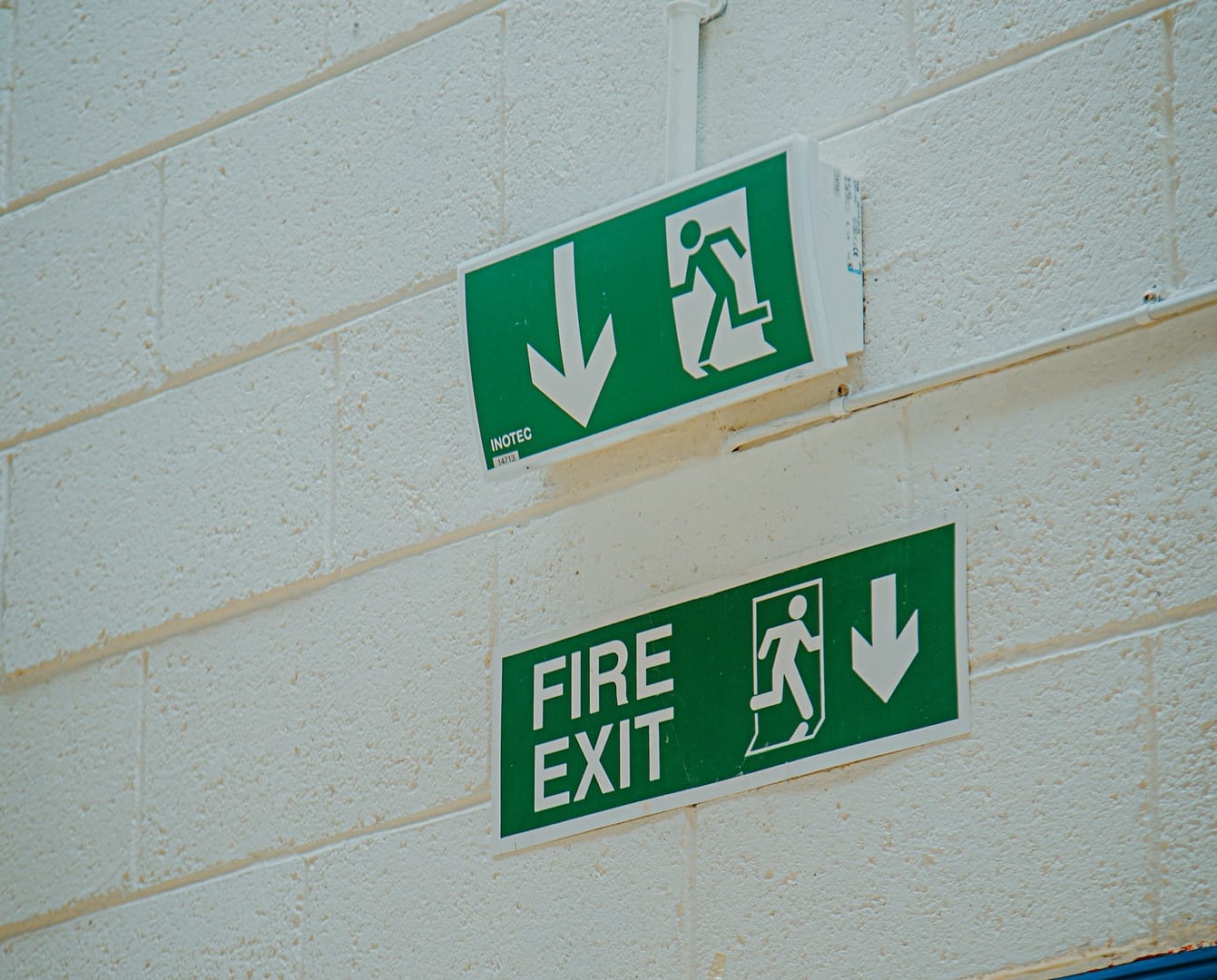Yes, if you cut your finger at work due to your employer’s negligence, you may be entitled to compensation. UK law requires employers to maintain a safe working environment. If your injury happened because proper safety measures weren’t in place—like faulty equipment or lack of training—you can make a personal injury claim.
We’ve all been there. You’re elbow-deep in work, the concentration laser-focused, and BAM! You snag your finger on a rogue staple or a rusty nail. The sting of a cut finger at work can be a real downer, especially if it throws a wrench into your daily tasks. But what if the cut is more than a minor annoyance? What if it requires medical attention or disrupts your ability to work for a while? This is where the question of compensation comes in. Can you sue your employer for a cut finger at work?
Employer Liable for finger injury at work compensation UK?
Understanding Your Rights in the UK
The good news is, you might be eligible for compensation depending on the circumstances of the accident. In the UK, employers have a legal duty of care towards their employees under the Health and Safety at Work Act 1974. This fancy legal term essentially means they’re responsible for taking reasonable steps to keep you safe while you’re on the clock.
Here’s the key: to claim compensation, you’ll need to show that your employer breached this duty of care, and that breach directly caused your cut finger. For instance, if you were using faulty equipment without proper training, and that resulted in your injury, there might be grounds for a claim.
Cut Finger at Work Severity: Does it Warrant a Compensation Claim?
The severity of your cut finger also plays a role. A minor nick that heals quickly with a simple bandage probably wouldn’t qualify for compensation. However, a deeper cut that requires stitches, ongoing medical treatment, or even temporary or permanent limitations on your ability to work could be a different story.
Here are some factors that can affect the potential value of your claim:
- The severity of the cut: Did it require stitches or ongoing medical attention?
- Long-term impact: Does the injury affect your ability to perform your job duties?
- Loss of earnings: Were you unable to work due to the injury?
- Pain and suffering: How much pain and discomfort did the injury cause?
🩺 Finger Injury Compensation Estimates (General Damages Only):
| Injury Type | Estimated Compensation |
|---|---|
| Minor finger cuts, lacerations or bruises | £1,000 – £3,000 |
| Cuts with permanent sensitivity or mild scarring | £3,000 – £6,000 |
| Fractured finger with full recovery | £4,000 – £7,000 |
| Partial finger loss or long-term stiffness | £10,000 – £19,000 |
| Complete finger amputation (single finger) | £15,000 – £29,000+ |
| Loss of multiple fingers | £29,000 – £85,000+ |
➕ Special Damages (Additional Compensation)
You may also claim for:
- Loss of earnings (past and future)
- Medical expenses
- Travel costs
- Rehabilitation or physiotherapy
- Psychological impact (e.g. anxiety, trauma)
Workplace Injury Evidence: Building a Strong Cut Finger Compensation Claim (UK)
If you’re considering claiming compensation for your cut finger, it’s crucial to gather evidence to support your case. Here’s what you can do:
- Report the accident immediately: Inform your supervisor about the accident as soon as possible. This creates a paper trail and demonstrates you took steps to address the issue.
- Seek medical attention: Get your injury checked out by a doctor or urgent care center. Document the diagnosis and treatment plan.
- Gather evidence: Take pictures of the scene of the accident, the equipment involved (if applicable), and your injury.
- Witness statements: If anyone witnessed the accident, get their statements in writing.
- Keep receipts: Save any receipts for medical bills, transportation costs, or other expenses related to your injury.
Common Causes of Finger Injuries at Work
Finger injuries in the workplace are more common than most people think. The most frequent causes include:
- Handling sharp tools or machinery
- Broken glass or sharp materials
- Faulty equipment or safety gear
- Lack of protective gloves
- Improper training or supervision
Under the Health and Safety at Work Act 1974, your employer has a legal duty to protect you. If they’ve failed to meet that duty, you have every right to claim compensation.
Solicitor for Cut Finger at Work Injury Claim? When to Seek Help (UK)
The legalities surrounding workplace injury claims can be complex. While minor cut finger claims might be manageable on your own, for more serious injuries, consulting a solicitor specialising in personal injury law is highly recommended.
A solicitor can advise you on the strength of your case, help you navigate the claims process, and ensure you receive fair compensation. They can also handle communication with your employer and their insurance company.
People Also Ask
Q1. Can I claim for a cut finger at work?
Yes, if the injury was caused by your employer’s negligence, such as poor safety procedures, lack of PPE, or faulty equipment, you can claim for compensation.
Q2. Do I need to report a cut at work?
Absolutely. Report it to your manager or supervisor immediately and make sure it’s logged in the accident book. This helps support your claim later on.
Q3. Can I still claim if the injury was minor?
Yes. Even small cuts can lead to infection, time off work, or long-term effects. If the injury impacted your life or job, you may be entitled to claim.
Q4. How long do I have to make a claim?
You typically have three years from the date of the accident to start your claim under the Limitation Act 1980.
Q5. Will I lose my job if I make a claim?
It is illegal for an employer to dismiss or treat you unfairly for making a genuine injury claim. You are protected by UK employment law.
Making a Workplace Injury Claim with National Claims
At National Claims, we understand that accidents happen at work, and even a seemingly minor cut finger can disrupt your life. If you’ve been injured on the job, you may be entitled to compensation. Our team of experienced personal injury solicitors is here to help you navigate the claims process and secure the benefits you deserve.
Free Consultation
The first step is a free consultation. We’ll listen carefully to the details of your accident, including how it happened, the extent of your injury, and any impact it’s had on your ability to work. This allows us to assess your case and give you initial advice on the possibility of a successful claim.
Understanding Employer Liability
The law in the UK protects employees through the Health and Safety at Work Act 1974. This means your employer has a legal duty to ensure your safety while you’re on the clock. If your cut finger resulted from faulty equipment, inadequate training, or other safety breaches by your employer, you might have grounds for compensation.
No Win, No Fee
We understand that financial concerns shouldn’t prevent you from pursuing fair compensation. That’s why we operate on a “No Win, No Fee” basis. There are no upfront costs associated with our services. Our fees are contingent on the success of your claim, so you can focus on healing and recovery without financial worry.
*Customers pay up to 25% (incl. VAT) of the amount recovered towards solicitor costs and if you cancel outside your cooling off period, you may be charged a fee.
Conclusion
Cutting your finger at work can be a frustrating and painful experience. While minor cuts may not warrant action, depending on the severity of the injury and the circumstances surrounding it, you might be eligible for compensation. Remember, the key is to document everything, understand your rights, and if necessary.
Contact us today to speak to one of our claims agents who will be able to help you get started on your claim.
Click below to see why we are one of the most trusted claims management companies in the UK.

We’re proud of our excellent customer reviews
We thrive on delivering exceptional service and ensuring our clients’ satisfaction. Don’t just take our word for it. Check out some of our independent reviews to see what our clients have to say.
Excellent

This firm is excellent, they sorted out my car pay out and injury claim very fast, they always communicate with you all the time.

My accident case was dealt with confidence and with great result of the outcome, especially James kept me informed all the time.

I was very impressed at the way my inquiry was treated. I was listened to attentively and everything I needed to know was explained to me.






